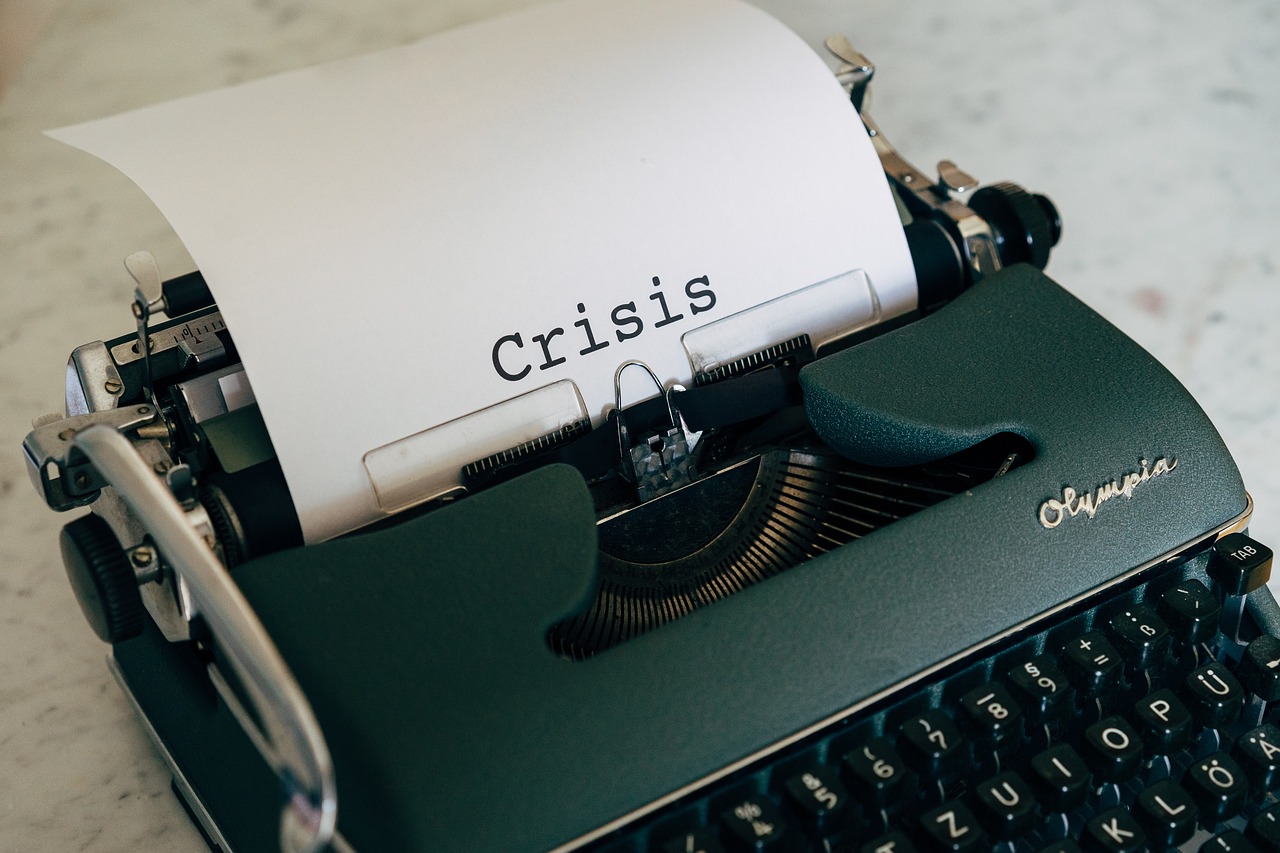Artificial Intelligence (AI) is transforming industries, from healthcare to finance, at an unprecedented pace. But what if this powerful technology becomes the catalyst for the next financial crisis? While AI offers incredible opportunities, it also comes with risks—risks that could destabilize economies, disrupt markets, and impact everyday lives.
Why This Topic Matters
AI is no longer science fiction—it’s a reality shaping our world. In the USA and UK, AI is already being used in stock trading, credit scoring, fraud detection, and more. However, its rapid adoption raises concerns about unintended consequences. Could AI-driven algorithms cause market crashes? Could biased data lead to financial inequality? These are questions worth exploring, especially for anyone invested in the economy or planning for their financial future.
By understanding the risks, you can make informed decisions and protect yourself from potential fallout. Let’s dive in.
How AI Could Trigger the Next Financial Crisis: 5 Key Scenarios
1. Algorithmic Trading Gone Wrong
AI-powered algorithms are widely used in high-frequency trading, where decisions are made in milliseconds. While this can increase efficiency, it also poses risks. For example:
- Flash Crashes: In 2010, a “flash crash” caused the Dow Jones to drop nearly 1,000 points in minutes, partly due to automated trading. AI could amplify such events.
- Herd Behavior: If multiple algorithms react similarly to market signals, it could create a domino effect, destabilizing markets.
What You Can Do: Diversify your investments to reduce exposure to market volatility. Consider long-term strategies over short-term trading.
2. Data Bias and Inequality
AI systems rely on data to make decisions. If the data is biased, the outcomes can be too. For example:
- Credit Scoring: AI might unfairly deny loans to certain groups based on biased historical data.
- Job Market: AI-driven hiring tools could perpetuate discrimination, leading to economic inequality.
What You Can Do: Stay informed about how AI is used in industries that affect you. Advocate for transparency and fairness in AI systems.
3. Cybersecurity Threats
AI can be used to enhance cybersecurity, but it can also be weaponized. For example:
- AI-Powered Hacks: Cybercriminals could use AI to launch sophisticated attacks on financial institutions.
- Data Breaches: A major breach could erode trust in the financial system, causing panic.
What You Can Do: Protect your personal data by using strong passwords, enabling two-factor authentication, and monitoring your accounts regularly.
4. Overreliance on AI in Decision-Making
Banks, insurers, and governments are increasingly relying on AI for critical decisions. But what if the AI gets it wrong? For example:
- Loan Approvals: An AI error could lead to widespread loan denials, stifling economic growth.
- Regulatory Failures: If regulators rely too heavily on AI, they might miss emerging risks.
What You Can Do: Stay vigilant and question decisions that seem unfair or incorrect. Advocate for human oversight in AI systems.
5. Job Displacement and Economic Instability
AI automation could replace millions of jobs, leading to unemployment and reduced consumer spending. For example:
- Manufacturing and Retail: These sectors are already seeing job losses due to automation.
- Economic Ripple Effects: High unemployment could lead to a recession, affecting everyone.
What You Can Do: Invest in upskilling and lifelong learning to stay relevant in the job market. Consider careers in AI-resistant fields like healthcare or creative industries.
How to Prepare for an AI-Driven Financial Crisis
- Diversify Your Investments
Spread your investments across different asset classes (stocks, bonds, and real estate) to reduce risk. - Build an Emergency Fund
Save 3-6 months’ worth of living expenses to cushion against economic shocks. - Stay Informed
Follow trusted financial news sources and AI industry updates to spot potential risks early. - Advocate for Ethical AI
Support policies and organizations promoting transparency, fairness, and accountability in AI. - Invest in AI-Resistant Skills
Focus on skills that complement AI, such as critical thinking, creativity, and emotional intelligence.
Frequently Searched Questions (FSQs)
1. Can AI really cause a financial crisis?
Yes, if not properly regulated. AI’s speed, complexity, and reliance on data make it a potential risk factor for market instability.
2. How can I protect my finances from AI-related risks?
Diversify your investments, stay informed, and advocate for ethical AI practices. Building an emergency fund is also crucial.
3. Will AI take my job?
AI may automate certain tasks, but it also creates new opportunities. Focus on upskilling and adapting to stay competitive.
4. What role do governments play in preventing an AI-driven crisis?
Governments must regulate AI use, ensure transparency, and invest in education to prepare the workforce for AI-driven changes.
Conclusion
AI has the potential to revolutionize our world, but it also carries the risk of disrupting it. By understanding the risks and taking proactive steps, you can protect yourself and your finances from an AI-driven financial crisis. Stay informed, diversify your investments, and advocate for ethical AI practices to ensure a stable and prosperous future.

